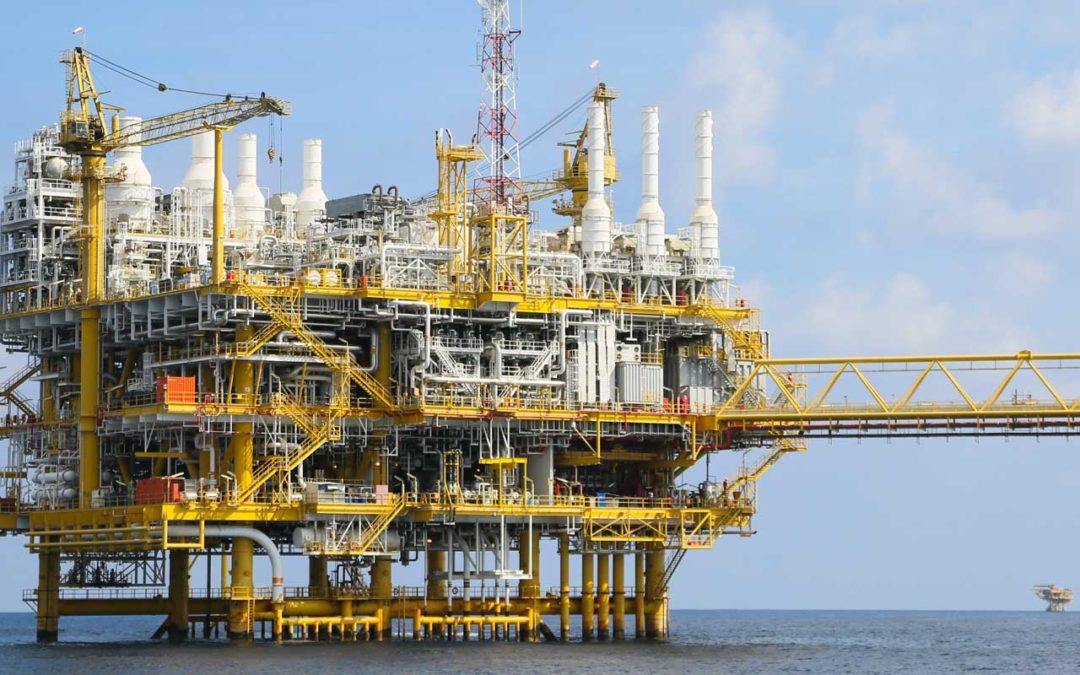Raising the Bar for PFP Certification Standards
The oil, gas, and energy sector is inherently susceptible to catastrophic fire events. In these environments, passive fire protection systems are critical in the mitigation of risks to assets and personnel. Central to this, the role of the PFP Inspector is crucial for a PFP system’s efficacy relies on the expertise and diligence of PFP inspectors.
Indeed, PFP inspectors might be considered as vanguards of safety, their roles extending beyond mere evaluations to embodying a preventive ethos against fire hazards. Through meticulous assessments, they ensure that PFP systems are not only in place but can perform under all conditions.
Unsurprisingly, certification through qualification in PFP inspection is essential.
Definition and Scope of Certification for PFP Inspectors
Certification for PFP inspectors is a formal process that assesses and acknowledges an individual’s competency to assess, inspect and approve the fire protection installation. It encompasses a comprehensive understanding of safety principles, materials science and application processes along with an understanding of mandatory industry-specific regulations.
How do PFP Inspectors Achieve Certification?
While not an absolute requirement, possessing an educational foundation in engineering, materials science, or a related field can significantly benefit those aiming to become PFP inspectors. This academic background, when augmented with specialised training in PFP, endows candidates with the essential skills and knowledge needed for the role of a PFP Inspector.
Individuals with extensive experience in applying protective coatings for corrosion protection on steel structures within the oil, gas, and energy sectors are particularly well-positioned to undertake further education in PFP inspection.
Moreover, practical experience gained through hands-on application and mentorship proves to be invaluable. Engaging directly with PFP applications in the energy industry not only accelerates learning but also enriches a candidate’s understanding and capabilities. This immersive experience equips aspiring inspectors with a profound grasp of the intricacies involved in the PFP inspector role, preparing them to navigate complexities with greater confidence.
Then it is a question of selecting an elite PFP qualification for the oil, gas, and energy sector, and passing an examination that demonstrates a comprehensive understanding of PFP principles and practices.
Impact of Certified PFP Inspectors on Safety in the Oil, Gas, and Energy Sector
The expertise of certified PFP Inspectors influences operational safety, regulatory compliance, and overall risk management strategies within the sector’s highest risk assets. We can see this in several key areas:
- Enhanced Skills for Assessment of PFP Installations
Certified PFP inspectors are adept at conducting thorough review of all stages of PFP installation identifying potential installation errors that could compromise the safety of assets and personnel.
By having a thorough understanding of the specification for the PFP system being installed, the requirements for material installation which is generally provided by the material manufacturer and all other aspects relating to environment, contract requirements and other key factors a certified inspector is in the front line of ensuring that the installation is being done correctly and will provide the required fire protection when called upon.
· Compliance and Regulatory Adherence
By having an understanding of safety regulations, safety standards and the processes used to qualify PFP materials to meet those standards the certified PFP Inspector will be able to interpret project specifications and requirements. This means that they will be able to identify and understand the qualification of materials used and if it is in compliance with project requirements, mitigating risk in terms of installations that do not meet the necessary standards and regulation.
· Professional Development and Knowledge Sharing
Certified PFP inspectors can serve as invaluable resources for professional development and knowledge sharing within the oil, gas, and energy sector. By sharing their expertise, PFP professionals help to elevate the overall safety knowledge base within the industry.
This culture of knowledge sharing epitomizes one of the Institute of Corrosion’s core principles – to share expertise with the world.
The Path Forward for Enhanced Industry Safety
The path forward is clear: it involves a concerted effort to raise the bar for certification standards, encouraging ongoing education, and fostering a culture of safety that permeates every aspect of the oil, gas, and energy industry. To this end, the Institute of Corrosion has partnered with PFPNet to develop PFP Training specifically for the Oil. Gas, and energy sector.
Whether you are a company in the sector wishing to improve and maintain the highest standards in your PFP design, installation, and implementation, or a professional wishing to enhance your career in this specialised field, you’ll find the industry leading ICorr PFP courses to be invaluable.
To learn more, please reach out to David Mobbs at ICorr or John Dunk at PFPNet.

